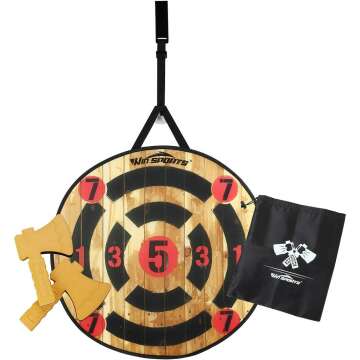Unprecedented Grouse Hunting: Lord Walsingham’s Record-Breaking Day
In the annals of hunting history, few events stand out quite like the tale of Lord Walsingham and his astounding feat of shooting 1,070 grouse in a single day on August 12, 1888. This extraordinary record not only marked a milestone in the world of game shooting but also painted a vivid picture of the aristocratic hunting culture of Victorian England. To many, this event was more than just a demonstration of skill—it was a reflection of the societal norms and attitudes towards wildlife during that era.
Lord Walsingham, a prominent nobleman and an avid sportsman, was known for his exceptional marksmanship. He and his party embarked on this ambitious hunt in the scenic surroundings of North Yorkshire, an area renowned for its rich grouse population. The day was meticulously planned, with beaters driving the birds towards the waiting guns, a technique that ensured maximum shots were fired. By the end of the day, the number of grouse taken was staggering and left no room for doubt about Walsingham’s abilities and the opulence surrounding such hunts.
Lord Walsingham: The Master Marksman
Lord Walsingham, born on May 12, 1840, was not just a hunter; he was a prominent British peer known for his keen interest in natural history and the outdoors. His passion for hunting was deeply intertwined with his social standing, as hunting was a traditional activity for the gentry. This particular day, where he achieved the extraordinary by hunting over a thousand grouse, solidified his reputation in British sporting history.
The Art of Grouse Shooting
The method employed during Lord Walsingham's record-breaking shoot is emblematic of the opulent shooting parties of the time. Gamekeeping and grouse shooting were not only seen as a sport but a prestigious rite for the elite. The detailed organization involved in a shoot demonstrated the wealth and power of individuals like Lord Walsingham, allowing them to master the field with relative ease.
Lasting Legacy of the 1888 Grouse Shoot
The events of that fateful day in 1888 left an indelible mark on hunting culture in England, illustrating not only the sport’s popularity among the upper class but also sparking debates about ethics and the impact on wildlife populations. Discussions about conservation versus sport hunting began to surface more vigorously in the following years, often tied to such significant displays of hunting prowess.
Impact on Hunting Regulations
As the years progressed, the remarkable act by Lord Walsingham also prompted changes in regulations surrounding hunting practices. The focus shifted toward preserving wildlife and ensuring sustainable hunting practices, leading to a change in the mindset of not only hunters but society at large regarding their relationship with nature.
Cultural Reflections in Literature and Media
Lord Walsingham's grouse shooting event has been referenced in various forms of literature and media, signaling its significance beyond just hunting. Writers and artists of the period reflected on the contrasting themes of nature, power, and the responsibility of the nobility during this time, allowing for a rich examination of Victorian society.
Fun Fact
Record Keeping in the Sporting World
The achievement of 1,070 grouse in one day was extraordinary, and such feats were meticulously recorded and celebrated in sports journals of the time. It was not only a showcase of skill but also a competitive spirit amongst the elite, often leading to challenges where noblemen would attempt to break each other's records.
Additional Resources
Recommended Reading on Lord Walsingham and Victorian Sports
To dive deeper into the topic of Victorian hunting culture, consider reading "The Sporting Life: A History of Hunting in Britain" and "Game Keepers and Keepers of the Game". These works explore the societal impacts and personal stories behind hunting in an era quite different from our own.



















 Continue with Google
Continue with Google